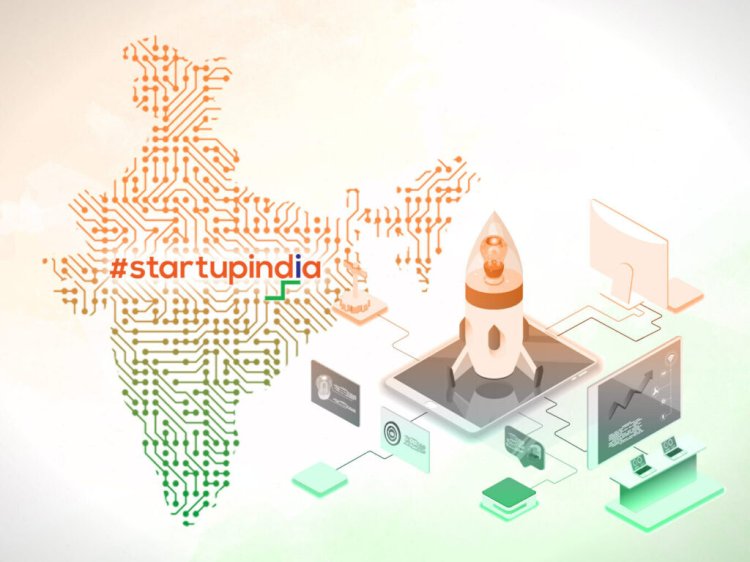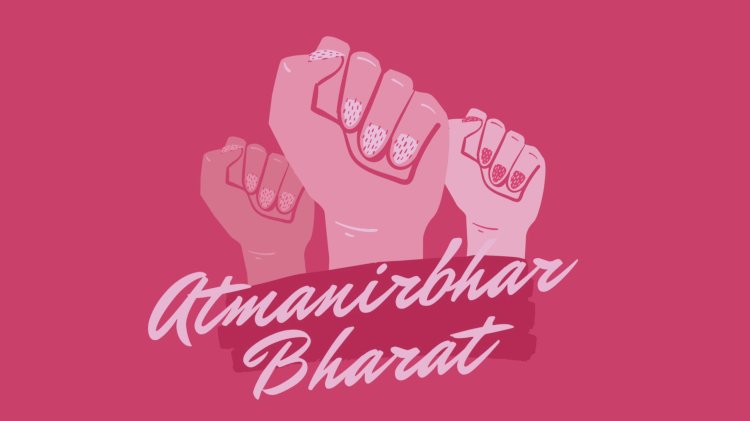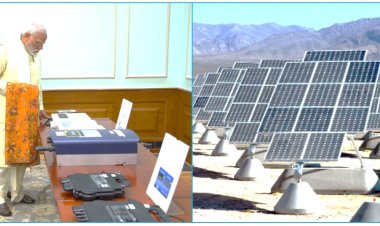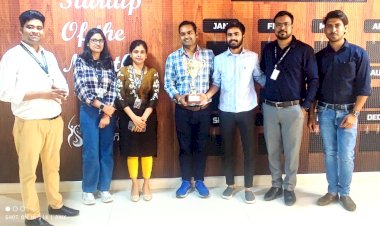How rural startups are helping to transform rural India into Atmanirbhar.
Rural India has the largest customer base and market opportunities for over 850 million people, but few companies have been able to tap into this market. Rural startups are digitally, physically, and socially connecting Bharat to India in a variety of ways, from education to healthcare to service providers. Rural micro-entrepreneurs are trusted intermediaries between startups and rural India. For both entrepreneurs and startups, networking is a win-win situation. Micro-entrepreneurs in rural India are able to provide for their families by making digital payments and paying utility bills from the comfort of their own homes. The Indian government is promoting rural startups as a means of direct development. Rural businesses' vision and mission are being scaled up through collaborations and collaborative efforts, empowering vulnerable members of society.


How rural startups are helping to transform rural India into Atmanirbhar.
Businesses in rural areas thrive on trust and relationships, so having a strong network allows for a more in-depth investigation of the hinterland.
Since the prime minister first mentioned "Atmanirbhar Bharat" in 2014, it has fueled a lot of ambitions in the country. The Atmanirbhar Bharat campaign provided immense motivation and inspiration to India, which is the world's third-largest startup hub.
Rural India has the largest customer base and market opportunities for over 850 million people, but few companies have been able to tap into this market.
Increased technological involvement in rural India has recently opened doors to connectivity and opportunities. The number of rural startups dedicated to improving and empowering lives in rural India has increased significantly.
There are no real restrictions on how the space can be used. These rural startups are digitally, physically, and socially connecting Bharat to India in a variety of ways, from education to healthcare to service providers. As a result of increased accessibility, connectivity, and capacity building, these rural customers are now more aware, empowered, and educated.
Rural micro-entrepreneurs are trusted intermediaries between startups and rural India. When there is a strong network of micro-entrepreneurs in rural India, it is easier for startups to gain the public's trust.
For both entrepreneurs and startups, networking is a win-win situation. Startups use networking to expand their businesses, and entrepreneurs gain income and livelihood opportunities.
This multifaceted approach is making it easier for rural India to connect to the larger economy. In the rural interior, this mutually beneficial strategy is increasing accessibility, employment, connectivity, and easy livelihood.
In fact, in aberrations like COVID-19, the proposition has been the most successful. People in rural areas can gain access to benefits such as the internet, financial independence, and so on, as their lifestyles and overall development improve.
The unit economic model takes advantage of connectivity and supply chain at each stage. The reliable delivery of affordable and high-quality products to one's doorstep is paving the way for urbanization. Shopping hassles are reduced due to rural accessibility, with rural startups providing doorstep delivery. Many people lost their jobs in urban areas as a result of the pandemic, but they were able to find successful employment opportunities as rural entrepreneurs in their communities.
Micro-entrepreneurs share photographs of their products with online customers and close transactions using digital payments, which has seen significant growth in rural India. They have been able to provide for their families by making digital payments and paying utility bills from the comfort of their own homes.
Gender equality and education have also had a large impact on rural India's overall development. As a result of this penetration, digital literacy has become the new trend.
In fact, the Indian government is promoting rural startups as a means of direct development. The value proposition and unique startup models have proven to be extremely effective in establishing a long-term ecosystem for rural communities.
Building a strong rural infrastructure means addressing the challenges of rural India with extraordinary responses on the ground. Rural businesses' vision and mission are being scaled up through collaborations and collaborative efforts, empowering vulnerable members of society.

Here are a few organizations that work to develop rural entrepreneurs:
Cola is the biggest - Corporate and Coca-Cola India have signed a Memorandum of Understanding to expand their reach in rural India. For key markets in AP&T, UP, and Haryana, Coca-Cola products are available on CSC's Grameen e-store platform. This makes affordable, essential hydration available to rural communities through village-level entrepreneurs. It also promotes the availability of consumer products at rural India's doorsteps through small entrepreneurs and e-Kirana stores, common Services centers, and other means. By mapping supply points to Village Level Entrepreneurs, CSC and Coca-Cola are able to provide last-mile connectivity of essential and affordable hydration to citizens' doorsteps while also promoting rural entrepreneurship and building livelihoods.
TATA Power - Tata Power has launched "SaheliWorld.org," a marketplace for its rural entrepreneurs. Products made by self-help groups and farmers, such as apparel, handicrafts, dairy, herbal, agricultural items, and COVID-19 essentials, will be available on the website. The marketplace was created with the goal of empowering rural entrepreneurs and giving them financial independence.
BANKIT - A Noida-based fin-tech startup, BANKIT is assisting people who are unable to gain easy access to basic banking and financial services to enjoy a seamless banking and digital payment experience. By appointing banking agents, BANKIT not only assists people in becoming a part of the country's fintech revolution, but it also creates entrepreneurial opportunities (business correspondents). The goal of BANKT is to create a "Millionaire Agents Network," or MAN to boost the number of agencies who can earn Rs. 5-10 lakh per year by providing various BANKIT services. Over 1 lakh+ self-employed representatives already work with BANKIT, and over 5000 agents have been onboarded in the last few months, putting them at the forefront of rural entrepreneurship.

 Lalita Singh
Lalita Singh 






















